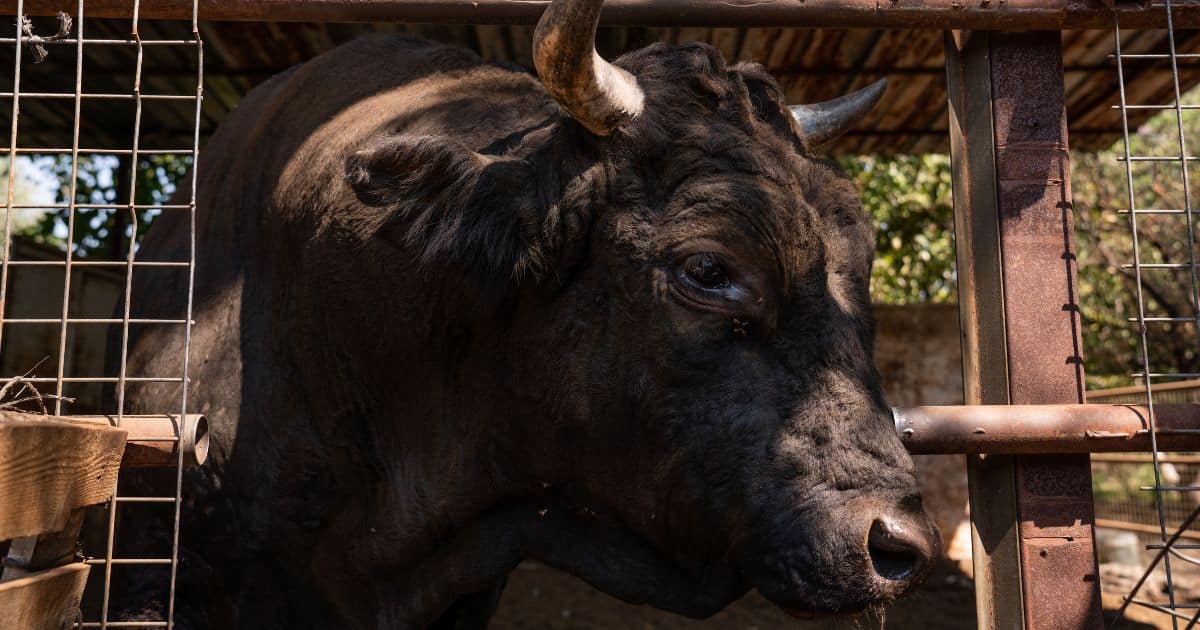Welcome to the Cruelty.farm Blog
The Cruelty.farm Blog is a platform dedicated to uncovering the hidden realities of modern animal agriculture and its far-reaching impacts on animals, people, and the planet. Articles provide investigative insights into issues such as factory farming, environmental damage, and systemic cruelty—topics often left in the shadows of mainstream discussions.
Every post is rooted in a shared purpose: to build empathy, question normalcy, and ignite change. By staying informed, you become part of a growing network of thinkers, doers, and allies working toward a world where compassion and responsibility guide how we treat animals, the planet, and each other. Read, reflect, act—each post is an invitation to change.
The dairy industry is wreaking havoc on our planet, driving climate change, compromising human health, and inflicting cruelty on animals. With methane emissions from cows surpassing even the transportation sector’s environmental damage, dairy production is a major contributor to the global crisis. Countries like Denmark are taking steps to address agricultural emissions, but the most impactful solution lies in adopting plant-based alternatives. By choosing vegan options over traditional dairy products, we can cut greenhouse gas emissions, support ethical treatment of animals, and prioritise healthier lifestyles. It’s time to rethink our choices and embrace sustainable solutions that benefit both humanity and the Earth

























































